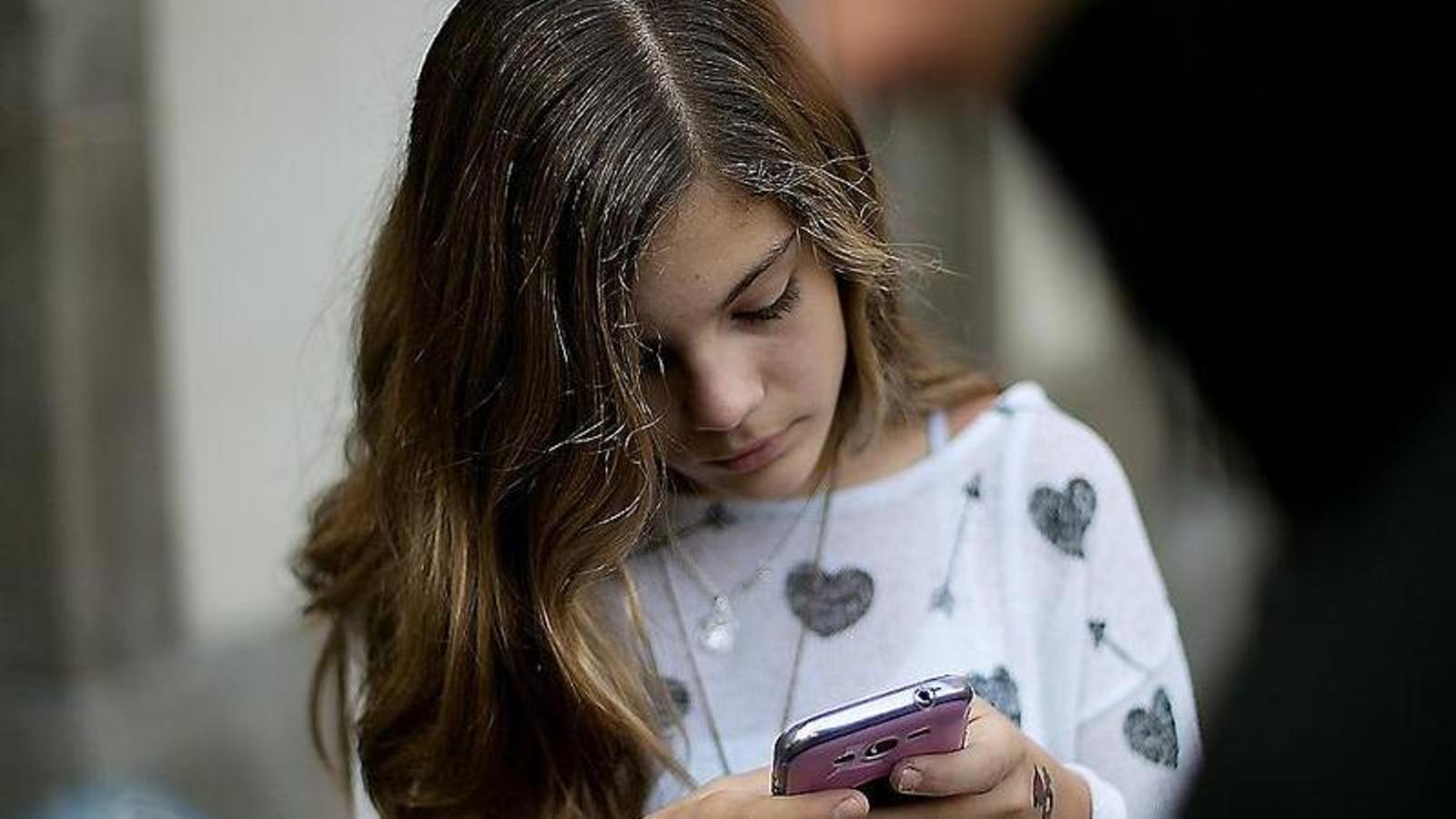

In a conversation with ARA, regarding the ban on cell phones in schools, psychologist Jaume Funes I told Laura Saula that"Parents have turned the device into the problem, when what they should see is that, from a young age, their child already has a digital universe." She noted that "teaching a teenager about mobile phone use is not easy," and he replied that "having conflicts with teenagers is inevitable" and that "from then on, with them thirty seconds and we will have to come to an agreement again and, surely, we will fight."
For me, the total amount of time we spend on our phones is excessive. It would also seem excessive to me if we dedicated that time (three hours a day?) to eating caviar, reading or doing sports. WhatsApp Our clandestine exchanges during boring class were based on notes we sent each other underhand. I spent the day hunched over the phone talking to my friend David, amidst shouts from Mom, who kept repeating, "Hang up!", and me pretending he'd called. "But what do we have to tell you, we only saw each other ten minutes ago?" I'd ask. In a different way.
There's a fundamental difference, however, today. Adults who believe cell phones should be banned at school are constantly using them. They get up and are already playing at the online casino. Where we used to read (the toilet, the train, a bar), they look at their phones. At dinner, when conversation languishes, they take out their phones. Before, these adults did so embarrassedly, apologizing "because it was work" or "urgent." Not now. Nowadays, at dinner parties, in meetings, in TV talk shows, in the workplace, there's a sense of impunity, a sad, unabashed habit of pulling out a cell phone. When I hear this—that children and young people won't have cell phones—I wonder if adults will do the same. It's been a long time since I've had dinner with someone who considers me the center of attention and, therefore, will talk to me. I don't even remember.
